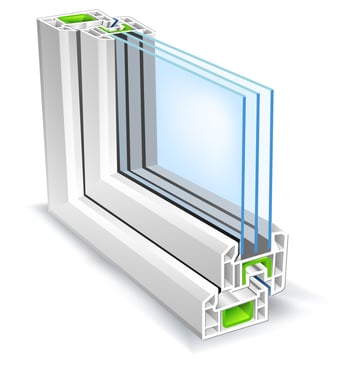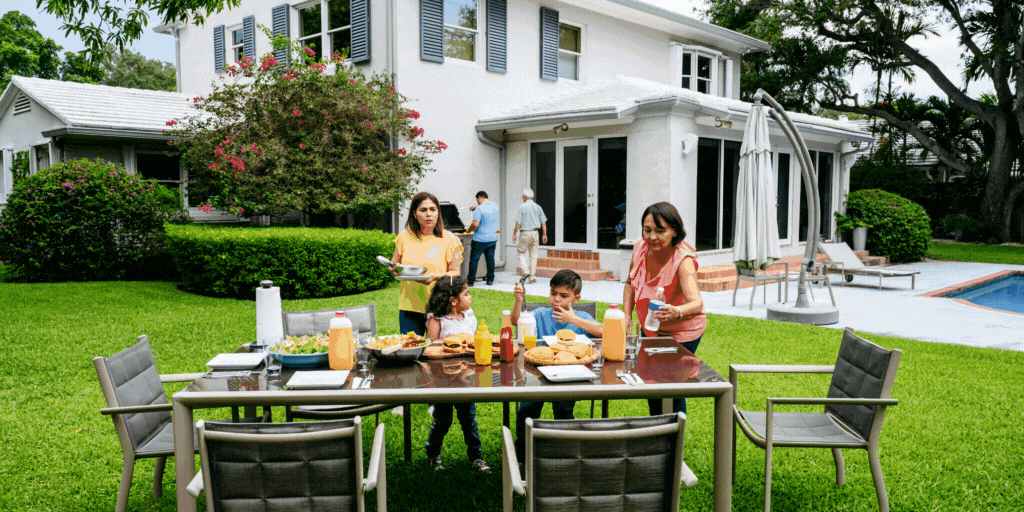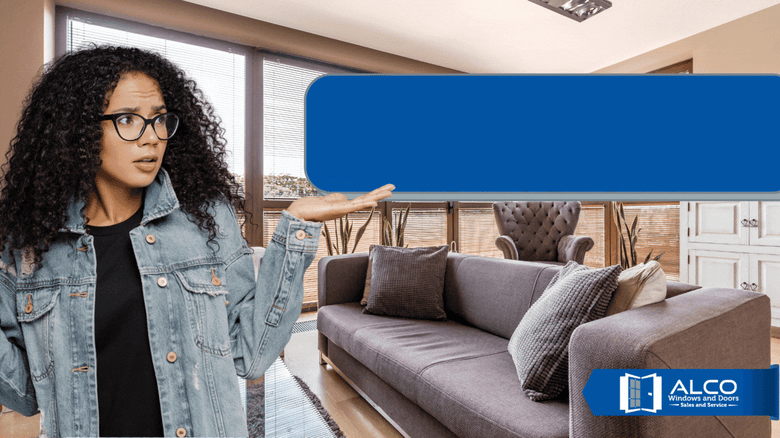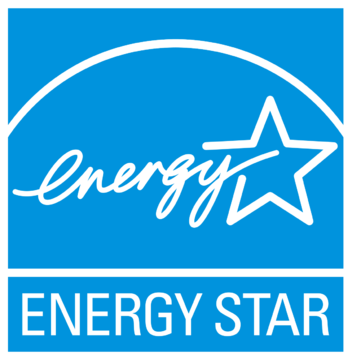Impact windows play a crucial role in protecting your home from severe storms. As their popularity has increased, so have the types of glass labels as "impact." Not all options are equal, however, and it's vital you understand the differences before investing.
What determines the strength of impact glass? We'll help you understand the differences so you'll be more prepared to make the RIGHT purchasing decision.
Access More Tips & Tricks JUST for Miami Homeowners:
- What Miami Owners NEED to Look for When Buying in Low-E Glass Windows
- Live in Miami? Why You Should Avoid Insulated Glass Windows
- Impact Windows vs Accordion Shutters: What's Best for Miami Residents?
 Why Invest in Impact Glass?
Why Invest in Impact Glass?
Installing impact glass throughout your home is a wise investment for keeping your family safe and improving your home's value.
In addition to the storm protection benefits, impact windows and doors will:
- Help you stay in compliance with South Florida zoning laws.
- Allow you to lower your insurance premium due to its superior protection.
- Protect from break-ins due to their robust design. It takes considerable time to break through these panes, and home invaders usually like quick and easy targets!
- Provide an effective way to reduce outside noise and limit UV rays.
Learn more about the benefits of impact windows with our FREE guide for homeowners.
Glass Option #1: Annealed Glass
Annealed glass, also known as non-tempered or float glass, unites silica sand, limestone, dolomite, soda ash, and salt cake. This magical mix is baked together at temperatures up to 2700° Fahrenheit. The product is then pulled on a long conveyor belt, passing through a furnace to control the cooling process.
Afterward, the glass is cut into large sheets and shipped to another facility for cutting.
Annealed glass is an excellent option for décor products, such as tabletops and cabinet doors. It is not, however, the most potent option for exterior windows.
Annealed glass needs combining into 2-3 layers (with a plastic interlayer) just to increase durability. While this combined end product does reduce the danger of shattering glass, it still doesn't have the strength of other glass options.
Annealed glass is, however, the lowest-priced option if you're shopping for new windows on a budget.
Glass Option #2: Heat-Strengthened Glass
Heat-strengthened glass gets heated to a temperature that ranges between 1100-1500° Fahrenheit. The cooling process results in a surface compression between 3,500 to 7,500 psi. This process ensures it's nearly double the strength of annealed glass.
Heat-strengthened glass also creates less distortion, which is beneficial in improving clarity. You'll have a crystal-clear view of your yard with this option!
The main advantage of heat-strengthened glass is its excellent thermal stability, meaning it's the best option for preserving the optimal climate inside your home. Heat-strengthened glass is the most common type used in impact windows for this reason.
Heat-strengthened glass is a popular option for windows facing west or southwest as it's a good option for areas not receiving direct sunlight all day.
Glass Option #3: Tempered Glass
Tempered glass is known as "toughened glass." Considered the tougher sibling to annealed glass, this product improves overall strength.
With tempered glass, existing annealed glass is heated up to 1,200° Fahrenheit before force-cooling it at an accelerated pace. The final result is glass with a much more significant surface compression that is often four to five times stronger than annealed glass.
Tmpered glass also has less of a chance of breaking due to thermal stress. If this glass is damaged, it will only break into tiny fragments instead of larger, more dangerous shards. This fact alone makes tempered glass products a popular option for staying in compliance with South Florida building codes.
The exterior of impact windows typically uses tempered glass due to its strength and energy efficiency.
You can often find tempered glass in a variety of products. For example, tempered glass is a default option for aquariums, vehicle windows, shower doors, and even mobile phone screen protectors.
Impact glass often consists of two layers of tempered glass and an interlayer of shatterproof material to give you the ultimate protection against hurricanes and flying debris.
 What Option Should You Choose?
What Option Should You Choose?
Understanding how different types of glass are manufactured is vital in selecting the right impact windows.
When choosing options with your sales representative, pay attention to the glass used in each product.
Impact windows using annealed glass will be cheaper. But understand the overall product strength will be less than ones using heat-strengthened or tempered glass.
No matter which option you choose, impact glass offers numerous benefits for homeowners. You'll enjoy:
- Protection against hurricanes.
- A reduction in harmful UV rays entering your home.
- Noticeable exterior sound dampening.
- Additional security from break-ins.
Contacting a professional installer is always a great option to learn more about the many advantages of using impact glass for your home.

Reach Out to Alco to Learn More About Impact Glass
Alco Windows & Doors offers impact glass products for homeowners across South Florida. Our goal is to give your home the ultimate protection against hurricanes, whether you need impact windows, doors, or garage doors.
We work with all of the major glass brands in the industry, and you can choose from a variety of financing options. Our company has over 260 + 5-star reviews, as we strive to exceed the expectations of each customer consistently.
Give Alco a call to learn more about the benefits of investing in impact window glass for your home!




 License # CGC1526312
License # CGC1526312
Leave a Reply